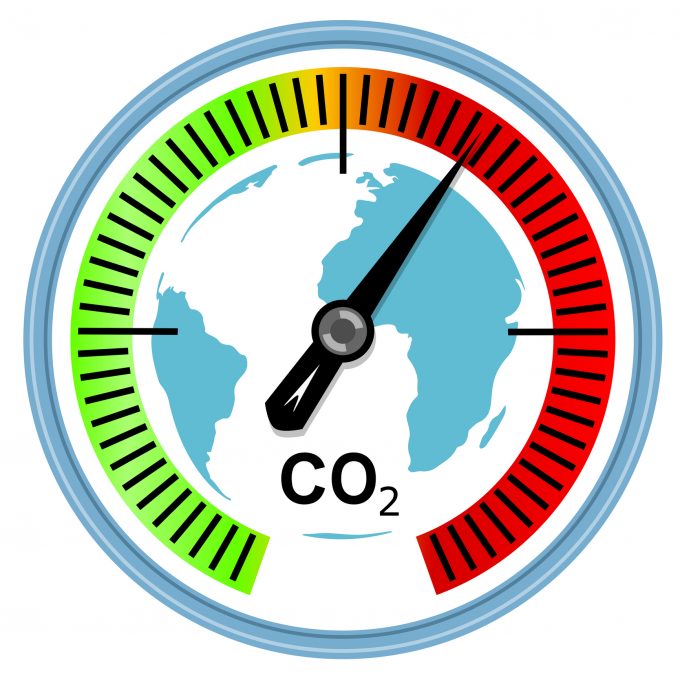Proposal for IMO-controlled shipping decarbonisation fund gains traction
Some 47 governments and industry groups are lobbying the International Maritime Organization (IMO) to implement ...

Efforts to decarbonise the shipping sector have taken a step back after the IMO overturned plans for new design standards.
A bid to impose a 40% efficiency improvement requirement on all containerships built from 2022 onwards – based on 2008 standards – was put in abeyance until the IMO meets again next May.
A source told The Loadstar the move represented a “reversal of the achievements” made in the past two weeks by the Marine Environment Protection Committee meeting (MEPC73) in London.
The source explained that back in April, a decision, ...
USTR fees will lead to 'complete destabilisation' of container shipping alliances
Outlook for container shipping 'more uncertain now than at the onset of Covid'
Flexport lawsuit an 'undifferentiated mass of gibberish', claims Freightmate
Cancelled voyages take the sting out of spot rate declines this week
Shippers warned: don't under-value US exports to avoid tariffs – 'CBP will catch you'
Blanked sailings in response to falling demand 'just a stop-gap solution'

Comment on this article